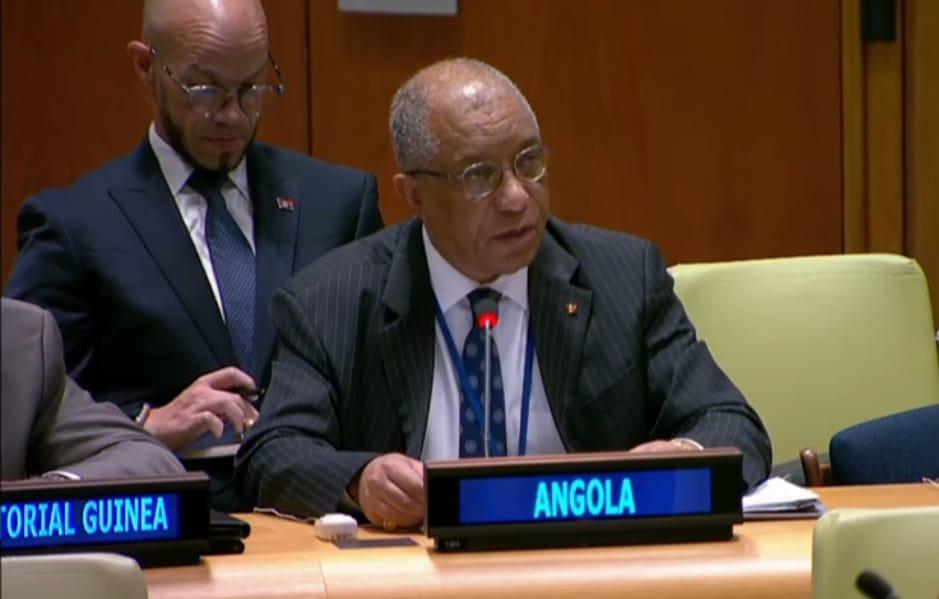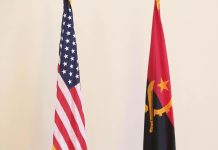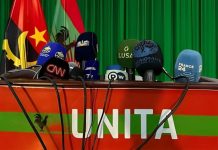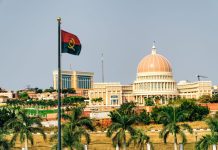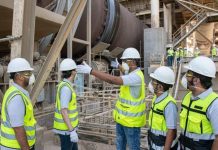Africa-Press – Angola. Angola is participating in the “Third UN Conference on Landlocked Developing Countries (LLDC3),” taking place from the 5th to the 8th of the current month in Awaza, Turkmenistan dedicated to driving progress through partnerships.
According to a press release that, the Angolan delegation is led by the Permanent Representative to the United Nations, Francisco José da Cruz.
The conference brings together Heads of State and Government, representatives of regional and international organizations, the private sector, civil society, and the United Nations system.
The event aims to adopt a new development agenda for LLDCs, within the framework of the “Awaza Action Plan (2024–2034)”, which will replace the current Vienna Action Plan, in force since 2014.
The note emphasizes that the event represents an opportunity to strengthen Angola’s visibility as a regional logistics and trade player, promote strategic projects such as the Lobito Corridor, and deepen technical and financial partnerships to promote regional integration and intermodal connectivity.
It also serves to reinforce Angola’s commitment to the Sustainable Development Goals and the African Union’s 2063 Agenda, and to highlight the country as a reliable and supportive partner for landlocked developing countries, contributing to connectivity and sustainable development solutions.
It is the main intergovernmental forum for assessing progress made in implementing the Vienna Programme of Action (2014–2024) and adopting a new Awaza Programme of Action for the next decade, “focused on connectivity, resilience, and inclusive prosperity for the 32 landlocked developing countries.”
The meeting takes place in a global context marked by economic uncertainty, climate shocks, geopolitical instability, and growing financing constraints, requiring a coordinated response to ensure that landlocked countries are not left fall behind in efforts to achieve the 2030 Agenda.
The meeting, that goes till Friday (08), includes, among others, plenary sessions for general debate, roundtables, high-level topics, and several parallel forums, such as the Youth Forum, the Private Sector Forum, the Parliamentary Forum, and Civil Society Forum.
For More News And Analysis About Angola Follow Africa-Press

